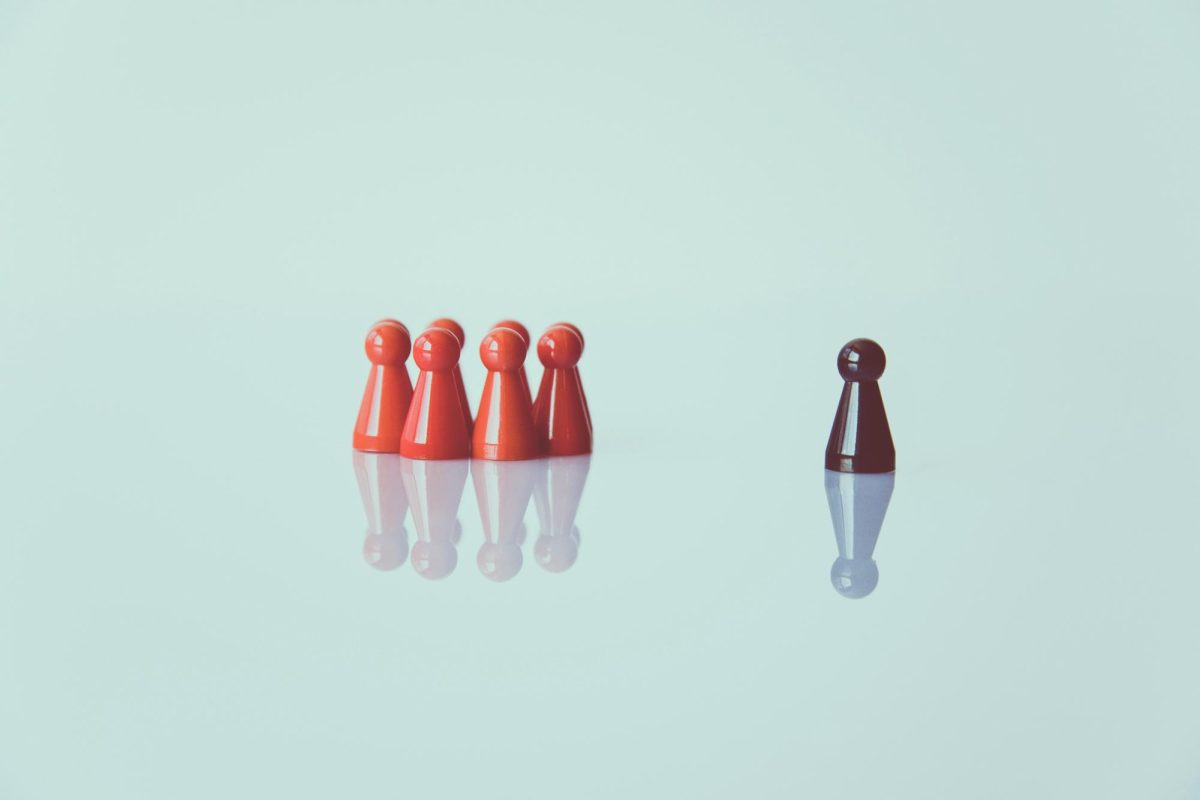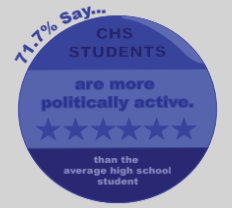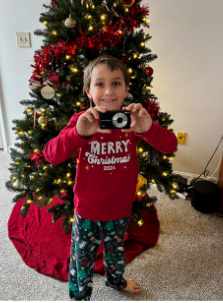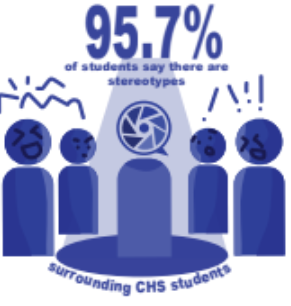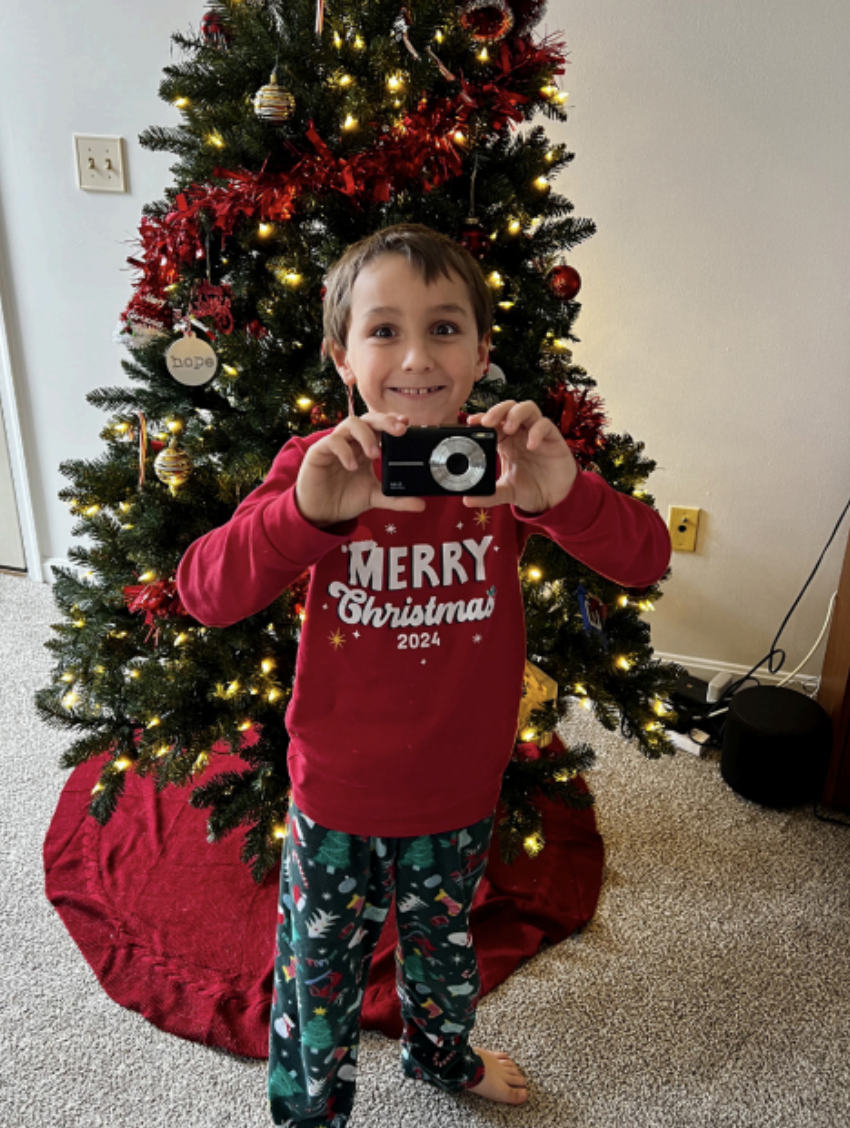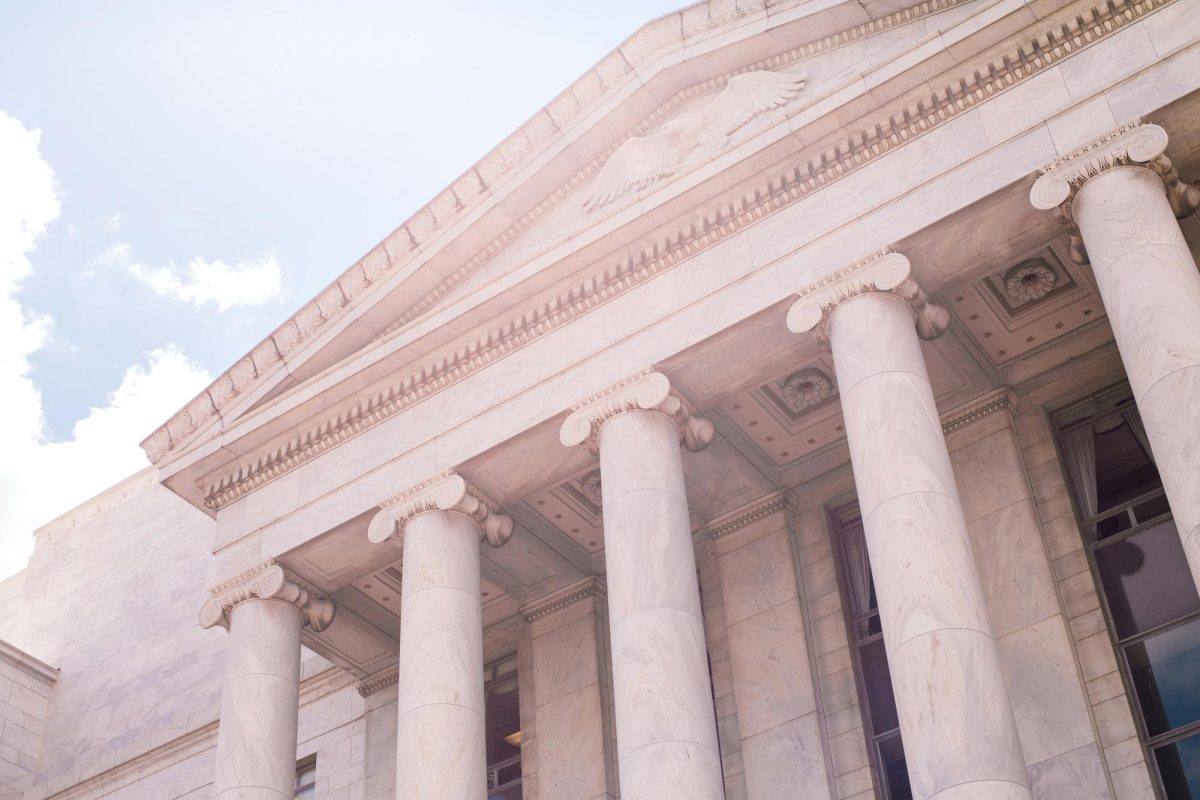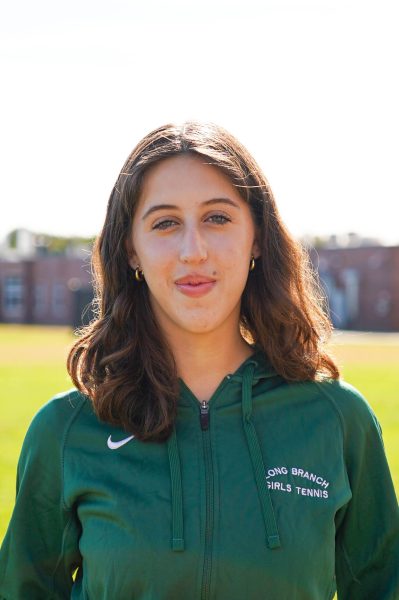Stereotypes are “grounded in the observations of everyday life,” according to Northwestern University Psychology Professor Alice Eagly. Communications High School (CHS) students have begun to wonder how people really view them beyond the walls of their tiny school and how much of it reflects their reality.
It seems that people place all CHS students under one umbrella: ambitious scholars. Manasquan High School senior Maggie Cohen of Brielle supports this idea.
“They are very academically-driven, unique individuals,” Cohen said.
From there, students are separated into two distinct categories: eccentric or snobby. Fellow Manasquan senior Anna Lysloff of Spring Lake Heights shares the general perspective.
“Everyone at our school thinks that [CHS students] are furries or that they’re stuck up. I know some, and they’re not like that, but that’s just the consensus,” Lysloff said.
These stereotypes can shape how people interact with CHS students. Lysloff admits that those preconceptions can influence her first impressions.
“When I first meet a CHS student, I assume that they’re intelligent. If they do something weird then I automatically think they’re one of the weird ones,” Lysloff said.
Are these stereotypes baseless or grounded in reality? CHS senior Sophia Thornton of Tinton Falls has seen evidence of the latter.
“I’ve noticed a bunch of preppy girls: rich, white and going to study marketing in college. Then there’s more unique students, who are the opposite of this, who do things like leaving their socks around the school,” Thornton said.
CHS senior Skylar Conner-Bennet of Ocean Township has experienced being a victim of stereotyping while cheerleading at her home high school, and she strongly disagrees with them.
“It doesn’t feel good because I’m my own person and I don’t like being put into a box. I wish more people would see CHS for what it actually is. Everyone is more connected and nicer here than in a normal school,” Conner-Bennet said.
Students may question why these stereotypes began in the first place; Cohen offers an explanation.
“Stereotypes exist because our brain defaults to categorizing people based on information we already know,” Cohen said.
Most students did not know of the stereotypes before applying so it did not affect their decision, such as Thorton and Conner-Bennet.
“I appreciate the academics in this school so I don’t think I would’ve changed my decision, but I think it would’ve been a bigger factor that I would’ve considered,” Thornton said.
Conner-Bennet would still choose to apply to CHS, despite the prevalent stereotypes.
“I think it’s worth it. I love CHS,” Conner-Bennet said.



